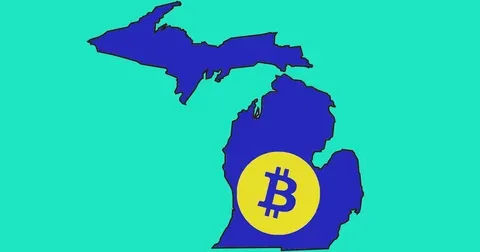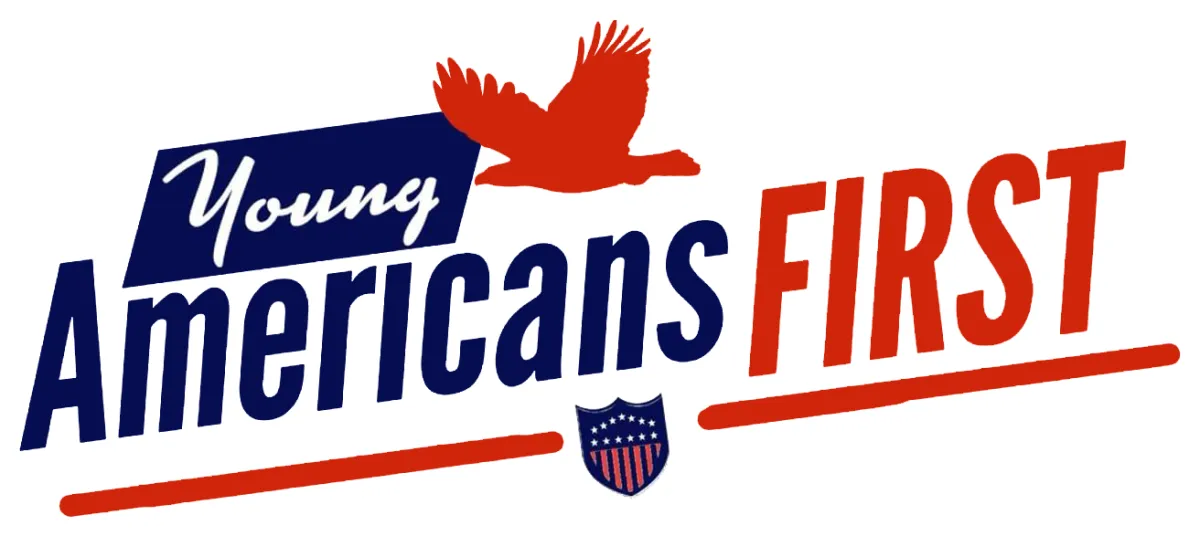Welcome to the Young Americans First Blog
Ready to take control of your financial future? We’re here to help you break free from the old system and discover the power of Bitcoin and decentralized finance. It’s time to learn how to build wealth on your terms and unlock true financial freedom. Let’s get started!

Michigan's Digital Asset Act: A Leap Towards Crypto-Friendly Regulations
By: Ashley Hendrickson
In an era where digital assets are increasingly becoming integral to our financial ecosystem, Michigan is taking a significant step forward with the introduction of House Bill No. 6147, aptly titled the "Digital Asset Act." This proposed legislation was introduced in November 2024 to the house and aims to bring clarity and protection to the use and mining of digital assets while drawing a firm line against the acceptance of central bank digital currencies within the state.
Key Highlights of the Bill
1. Defining Digital Assets and Technology
The bill begins by establishing crucial definitions related to blockchain technology, digital assets—including cryptocurrencies and NFTs—and related processes like digital asset mining. Clear definitions aim to avoid ambiguities that often create regulatory hurdles.
2. Empowering Individuals with Digital Asset Usage
One of the pivotal aspects of the bill is its protection against governmental restrictions on using digital assets. Individuals are empowered to use digital assets freely for purchasing legal goods and services without needing licenses or facing prohibitive regulations.
3. A Stance Against Discriminatory Taxation
House Bill No. 6147 specifies that digital assets used as a form of payment will not be subjected to taxes or charges uniquely based on their digital nature. This provision fosters a more equitable financial environment for digital asset users.
4. Protecting Home and Commercial Mining Operations
For those engaged in digital asset mining, the bill offers a layer of protection, ensuring that local governments cannot interfere with mining activities, provided local regulations like noise ordinances are respected. Furthermore, it ensures that industrial digital asset mining operations are treated on par with data centers, bolstering business investment and expansion opportunities within the state.
5. Node Operation and Blockchain Participation
By safeguarding the operation of nodes on blockchain protocols, the bill allows individuals and businesses to participate in blockchain networks without unnecessary governmental interference.
6. Opposition to Central Bank Digital Currencies
Notably, the bill takes a firm stance against the acceptance and promotion of central bank digital currencies (CBDCs) within the state. It prohibits governmental bodies from using or advocating for CBDCs as legal payment, emphasizing Michigan's support for decentralized digital assets.
7. Legal Remedies for Violations
To enforce these rights, the bill allows for civil action and treble damages against any person or governmental entity that violates its provisions, ensuring that individuals have a recourse for rights infringements.
__________________________________________________________________________________
The "Digital Asset Act" positions Michigan as an innovative tech friendly state in terms of embracing and regulating digital assets. By establishing clear regulations, protecting individual rights to engage with digital assets, and setting strict opposition to the imposition of central bank digital currencies, Michigan is paving the way for a robust digital economy. This move is likely to be welcomed by crypto enthusiasts and businesses eager to explore the potential of digital technologies in a secure and clearly regulated environment. As this bill progresses, it will be intriguing to see how it impacts the digital asset landscape both within Michigan and potentially serves as a model for other states.
https://www.legislature.mi.gov/documents/2023-2024/billintroduced/House/pdf/2024-HIB-6147.pdf
